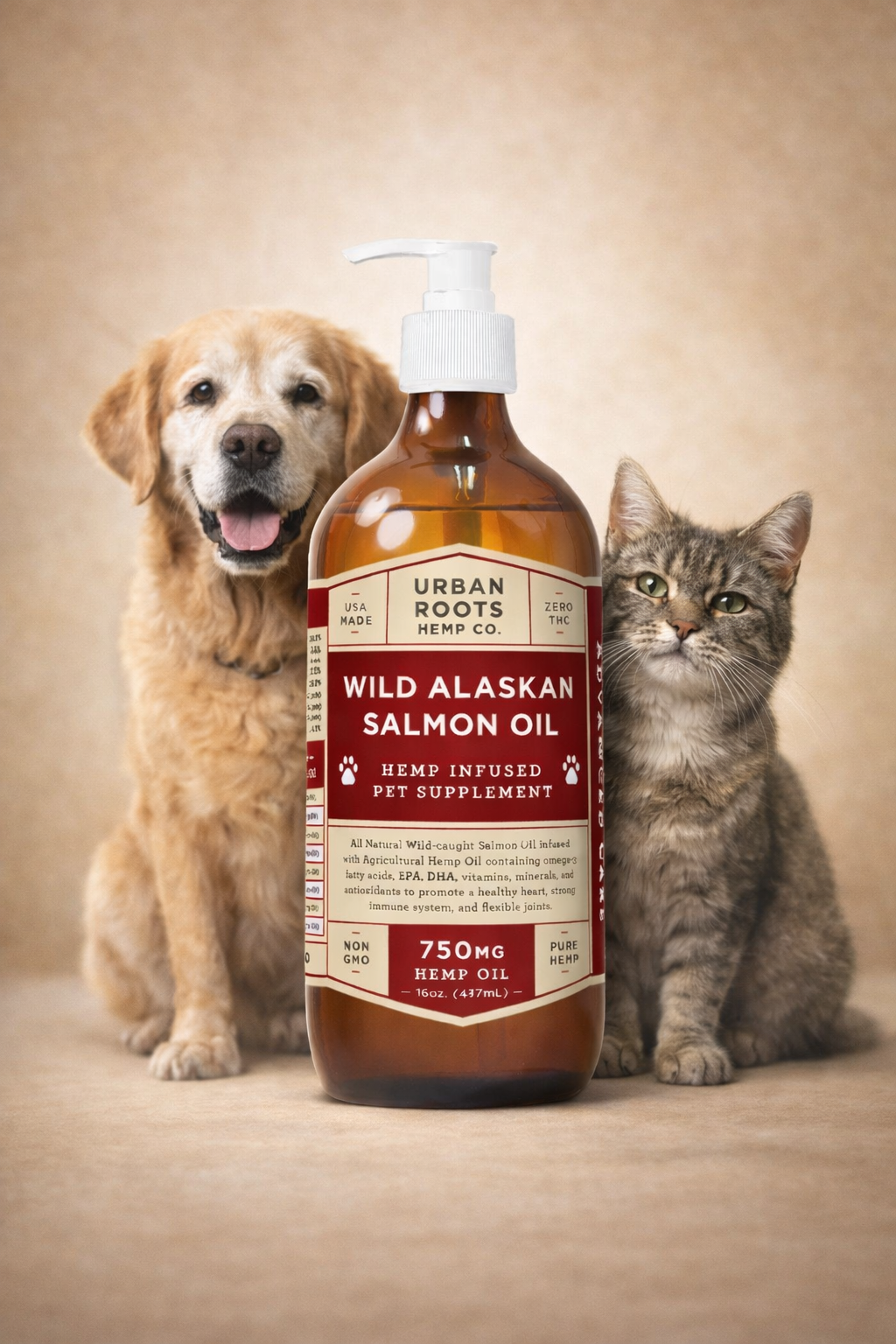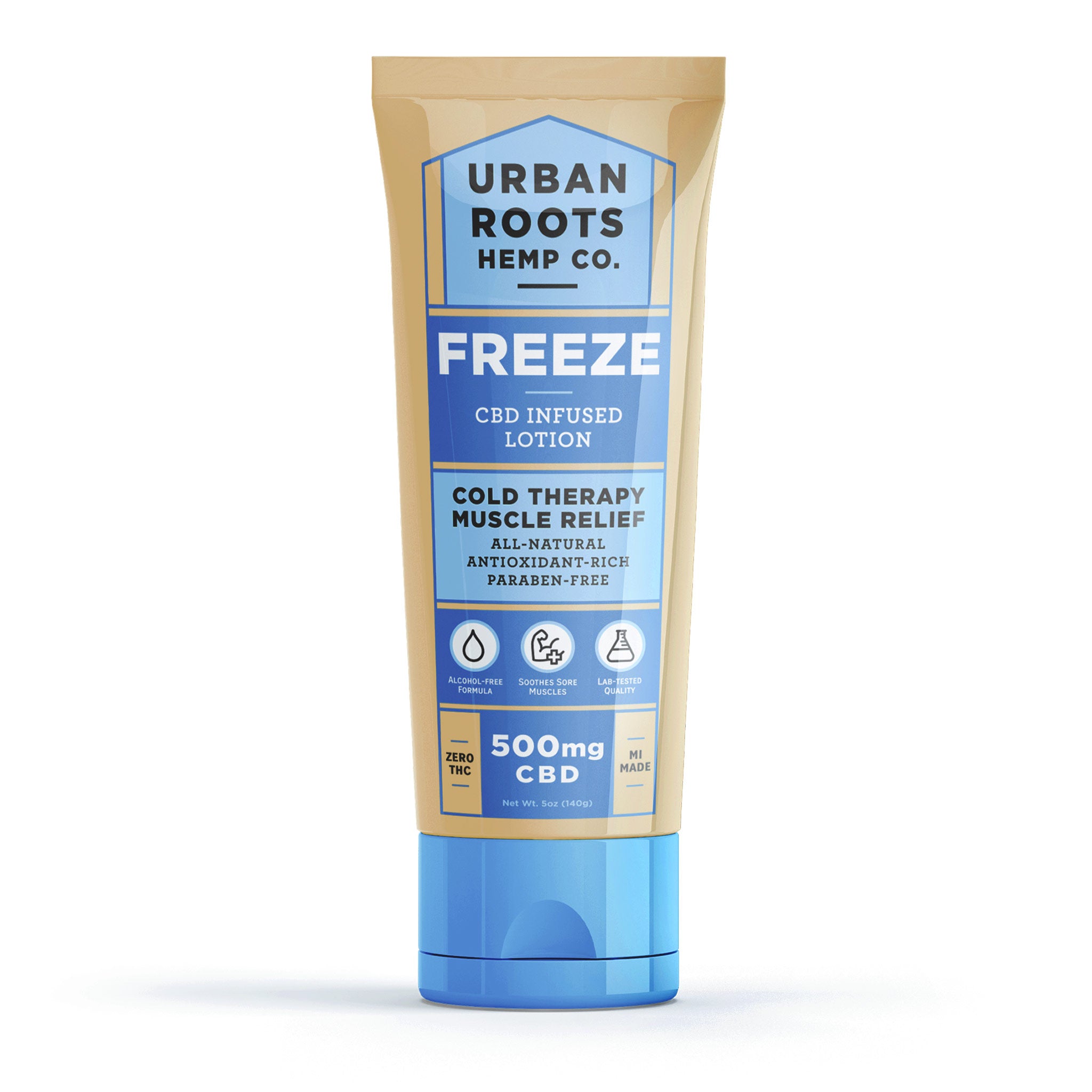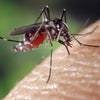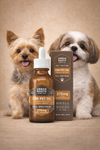Natural Ways to Relieve Anxiety: Foods, Exercise, and CBD


Anxiety is a natural and normal part of life. It’s been programmed into us over the past thousands and millions of years to help us respond to the often chaotic and dangerous world that surrounds us. Anxiety helps people react to life-threatening situations, motivates us to be prepared for future tasks or potentially stressful events, and allows us to better calculate the risks of certain actions or behaviors.
With that said, however, too much or too consistent anxiety can be a problem. People who constantly feel anxious often have a markedly lower quality of life; it makes them miss out on certain activities, can hinder the development of relationships, harm their career, and lead to other short and long term health issues.
Whereas the healthy purpose of normal levels of anxiety and fear is to alert us to potentially dangerous or harmful stimuli in order to promote survival, too much can hurt the body physically and mentally. The problem is, if our body’s anxiety and fear response is misplaced or disproportional to the intensity of the risk, it can inhibit normal body and social function unnecessarily.
The question is, how do you keep your anxiety within an acceptable range so it does not interfere with your life?
Typical Ways to Relieve Anxiety
If your levels of anxiety have grown to the point where they are disrupting or hindering your day to day activity, the best place to start is seeing your primary care provider. They can rule out any other possible causes of your symptoms and check for signs of an underlying medical condition that needs to be treated. From there, if there are no physical health problems, they may refer you to a mental health specialist to diagnose your specific anxiety disorder.
If they determine that you have an anxiety disorder, the most common treatments are either medication or psychotherapy or some combination of the two. They may also suggest you alter your lifestyle habits, like limiting alcohol consumption, eating healthier, or exercising more. The main focus, however, is typically using certain antidepressants or anti-anxiety medications to provide relief from the negative symptoms.
Prescription drugs have their place. The problem, however, is that they are prescribed at ever increasing rates and often have serious long term side effects that the patient may not fully understand. According to a survey from a few years back, one in six Americans take some type of psychiatric drug. Antidepressants were the most common, followed by anti-anxiety and antipsychotic medications.
These are habit forming drugs with serious side effects ranging from depression, suicide, seizures, sexual disfunction, headaches, and more. That all might be worth it; however, it is also worth looking into possible alternative courses of action. There are many effective, natural measures you can take to try to alleviate your anxiety.
Foods that Reduce Anxiety
A number of different foods are known to soothe both body and mind and stimulate feelings of calm and well-being.
- Fish - Rich in the essential amino acids L-lysine and L-arginine as well as healthy omega-3 fatty acids, cold water fishes like salmon, cod, mackerel, and sardines promote a healthy brain and improved mood.
- Nuts – Brazilian nuts, almonds, and walnuts provide many essential fats and proteins, as well as vitamin D, vitamin E, and the mineral selenium. All these things are necessary for maintaining health and balance in the body and have been shown to reduce anxious feelings.
- Yogurt – As we gain a deeper understanding of the gut-brain connection, it is becoming clear that the gastrointestinal tract plays a key role in many areas of health, including mood regulation. Fermented foods like yogurt help provide friendly gut bacteria known as probiotics that are vital for the gut-brain connection.
- Green Tea – Regular consumption may lead to improved brain organization and it is thought that the L-theanine contained within it stimulates the production of GABA and dopamine. Both of these neurotransmitters play a role in anxiety, happiness, and pleasure.
- Dark Chocolate – Cocoa contains a large number of antioxidants that can benefit brain function, minerals like magnesium that are important for mood, and can boost your serotonin levels (and your mood along with it).
Help Anxiety with Exercise and Being Outdoors
Regular exercise is considered by mainstream and alternative medicine practitioners alike to be extremely beneficial for both physical and mental health. And you don’t have to run a marathon or be a star athlete; even just walking for 30 minutes or doing cardio for 15 minutes can make all the difference. Exercising at least three times a week can make you feel relaxed and less anxious.
If you’re going to start exercising, then you can boost your mood even more by being active in the great outdoors. Research has shown that being outside can lower your blood pressure, heart rate, and stress hormones, improving physical, emotional, and mental health.
Avoid Drugs and Alcohol
If you’re suffering from anxiety, the condition can be exacerbated by things like alcohol, cigarette smoking, and caffeine. Many people rely on alcohol to reduce stress and anxiety, however once the buzz wears off, those feelings may return even stronger. Furthermore, drinking as a way to boost your mood can also lead to dependence and addiction.
Smoking isn’t much better. As this study shows, the earlier you start smoking in your life, the higher risk you have of developing a type of anxiety disorder. And despite being used by smokers in stressful times, cigarettes can actually worsen anxiety over time. Caffeine is also not a great substance to consume for those who are chronically anxious. As most coffee drinkers know, it can lead to increased nervousness, jitters, and, in some people, panic attacks.
Ease Anxiety with Meditation, Yoga, and Sex
Other types of activities are also used by many people to lower their feelings of stress and anxiety. Both meditation and yoga teach you to control your thoughts, focus your mind, and clear your head. Yoga has the added benefit of also being a form of exercise that can help lower your heartrate and blood pressure over the long term.
Although it might not be the thing you want to do most when you’re feeling anxious, sex can lower your body’s stress response, clear your mind, and also provides cardio. A safe and healthy sex life, especially with a committed partner, is known to help people lead happier, healthier, and less stressful lives.
Add CBD for Anxiety to the Mix, Too
The research is still in its early stages, but many people use CBD to help ease their anxiety. Its positive effects are made possible by our bodies’ biochemical communication highway, the endocannabinoid system (ECS).
Cannabinoid receptors, specifically CB1 receptors, throughout the ECS can be activated to reduce the neurotransmitter release that induces our “fight or flight” reaction. Additionally, if you are exposed to the same stressor again and again, then your body’s natural response is to adapt to it and reduce your reaction to it over time. This process is called habituation and the endocannabinoid system plays a large role in making it possible.
There is also mounting evidence that CBD interacts intimately with your body’s serotonergic system—the system of serotonin neurotransmitters. This system works to regulate mood, nausea, appetite, bone health, sleep, emotions, and even sexual function.
This last point is especially interesting because serotonin levels are linked closely with anxiety, depression, stress, and other mood disorders. There have been cannabinoid receptors found on serotonin neurons, as well as in the corresponding inhibitory receptors.
Specifically, what this means is that CBD is thought to interact with 5-HT1a receptors that control serotonin levels in the brain and body. This leads to the conclusion that cannabinoids may increase serotonin levels in certain conditions, and reduce them in others, providing the balance necessary for proper mental health.
Conclusion: Take Your Anxiety Relief into Your Own Hands
The point of this article was to let you know of potential alternative treatments for anxiety. From the foods you eat to your activity level to your sex life to CBD consumption, if you approach the problem from many different angles, you have a better chance of successfully dealing with it. Always consult your doctor and listen to what they have to say, but know that there are other options besides drugs that you can try.









